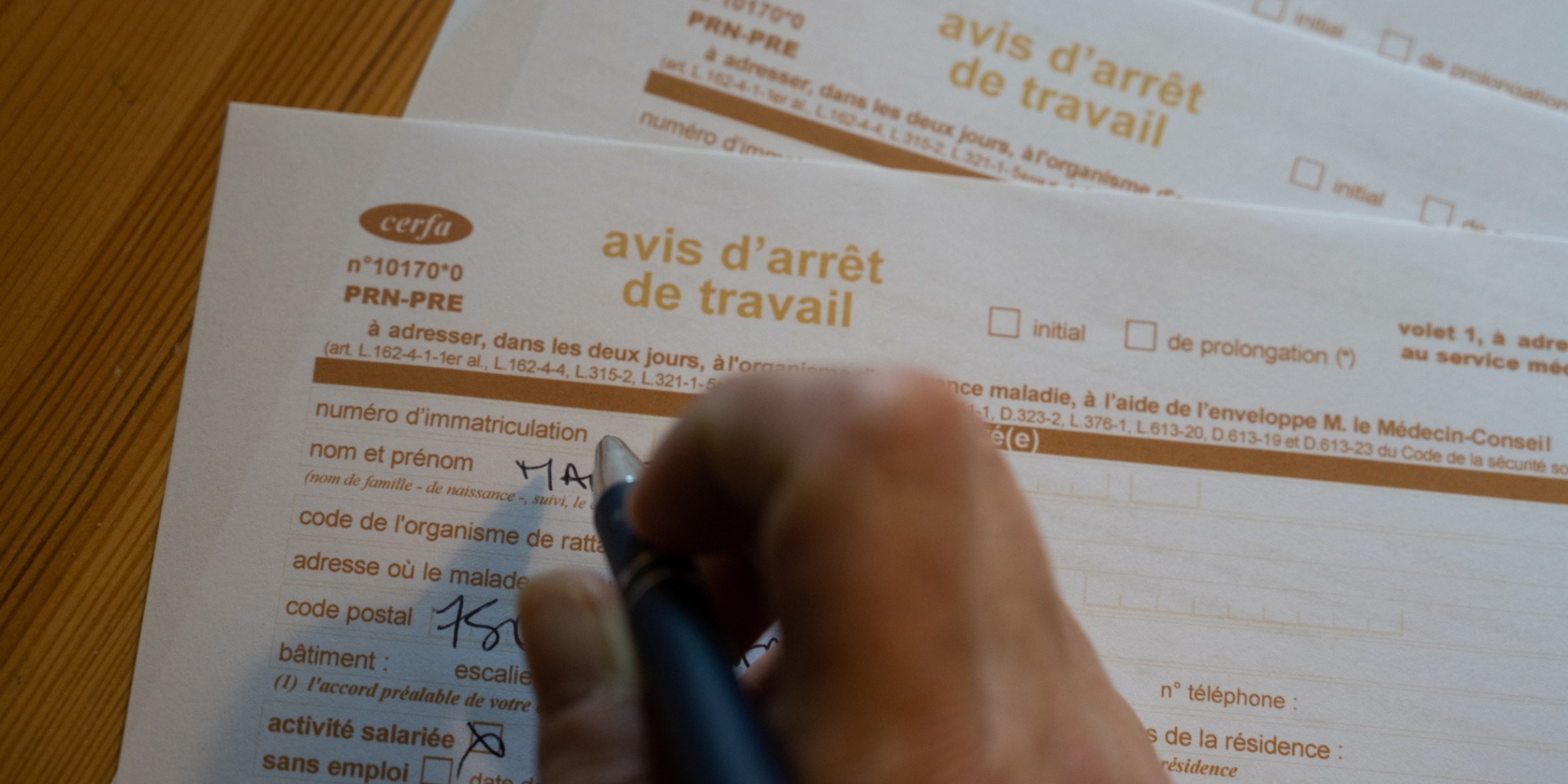Margaux Fodéré // Credits: Sandrine Marty / Hans Lucas / Hans Lucas via AFP 7:07 a.m., March 27, 2024
After a first turn of the screw in 2024, the Ministry of the Economy intends to even better regulate the daily allowances paid for work stoppages. According to Bruno Le Maire's entourage, the philosophy is to protect sick employees and fight against abuse.
Debt-laden executive desperately seeks billions. With a deficit in 2023 at 5.5% of GDP, well above its forecasts, the government must quickly find savings for 2025. Among the avenues, there is the hunt for sick leave. The Social Security finance law for this year provides for more controls, but the government wants to go further. Bercy wants to tackle the 16 billion euros that work stoppages cost Social Security each year. “It’s one of the most important subjects,” assures those close to the Minister of the Economy.
8.8 million work stoppages in 2022
In ten years, the number of sick leaves has increased by 30%. In 2022, 8.8 million work stoppages were recorded. From now on, all profits are now concerned, explains Laurent Cappelletti, professor at the National Center for Arts and Crafts and director at the Iseor Institute of Socio-Economics: "If absenteeism at work may have mainly concerned older populations, seniors, women, the new thing is that it now concerns almost everyone: young people, executives. It certainly still affects the public more, but in the private sector, it is almost catching up."
>> READ ALSO -
Deficit: the president of the Court of Auditors points to a “significant” slippage
A few days ago, Health Insurance published its suggestions as part of ongoing negotiations with general practitioners. For example, it proposes to allow doctors to have access to the history of their patients' sick leave.
Limited results
Bercy sees compensation as a savings lever, but the results will be limited, warns Nicolas Marques, director general of the Molinari economic institute: "It remains something that is relatively anecdotal in public spending. The government, at best, it will save 1 to 2 billion (euros, editor’s note), while the current deficit is 154 billion.” The fight against work stoppages could be part of a broader savings plan including medical transport and the protection of people suffering from long-term illnesses.

